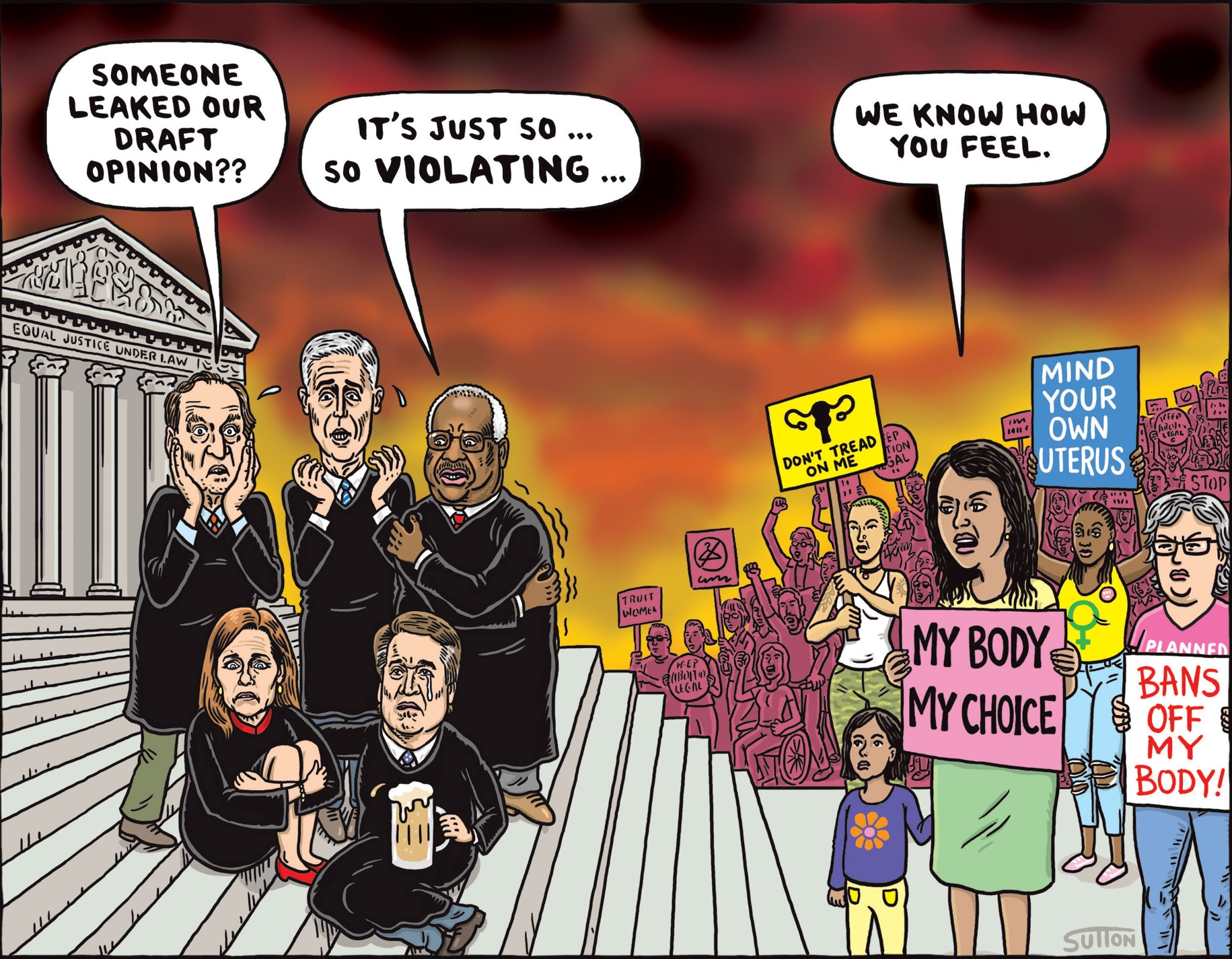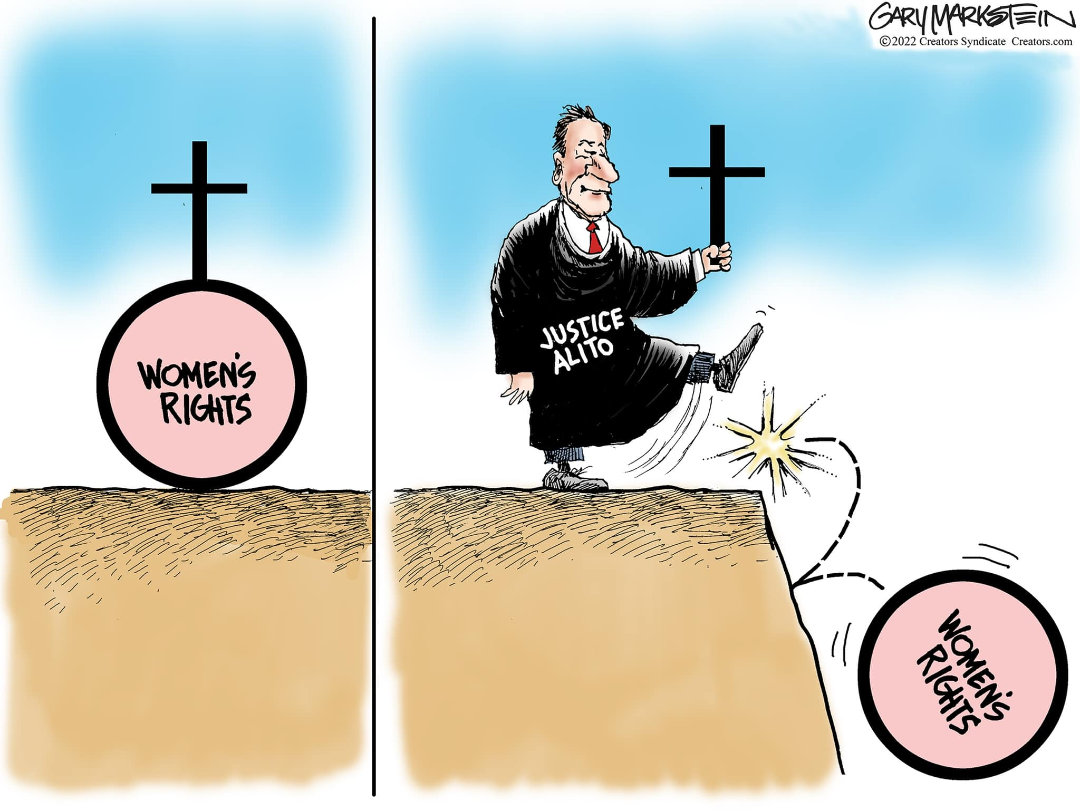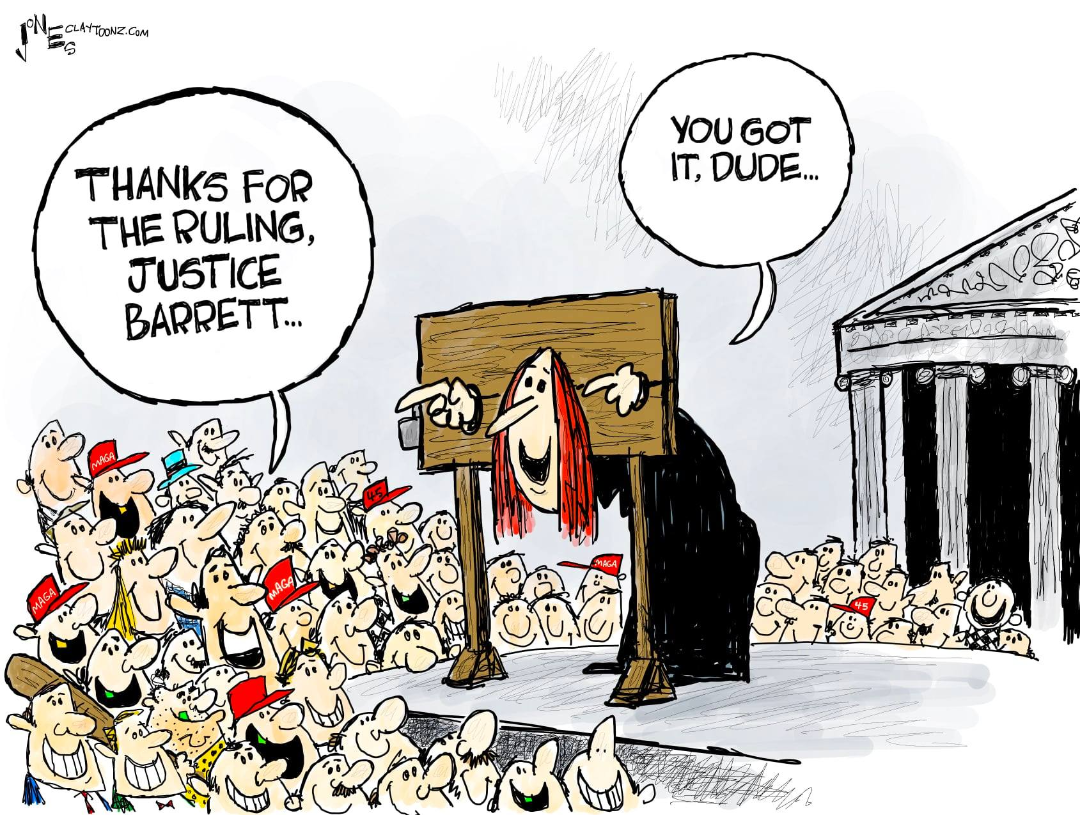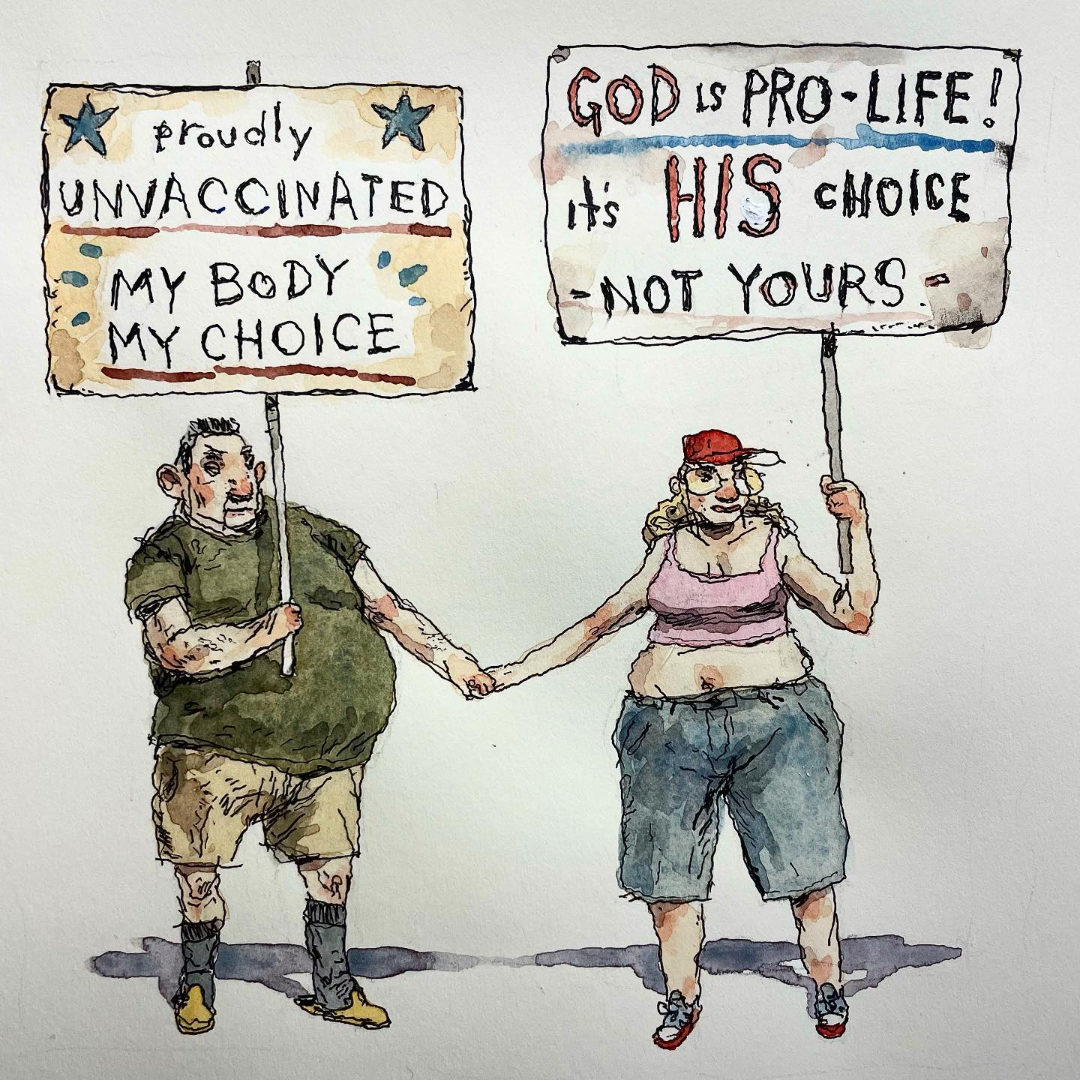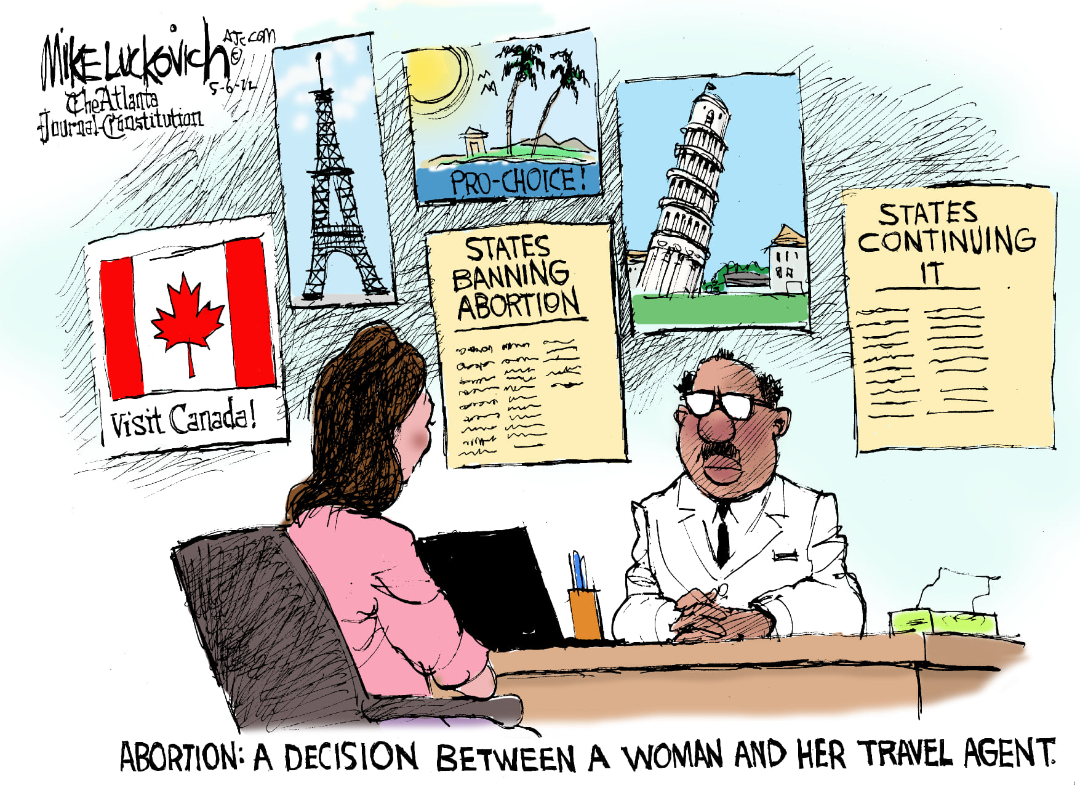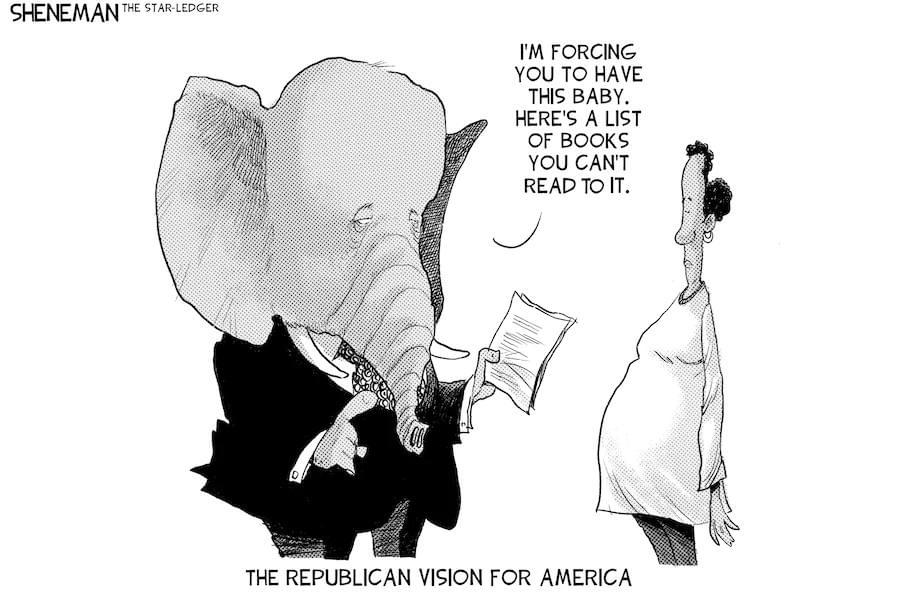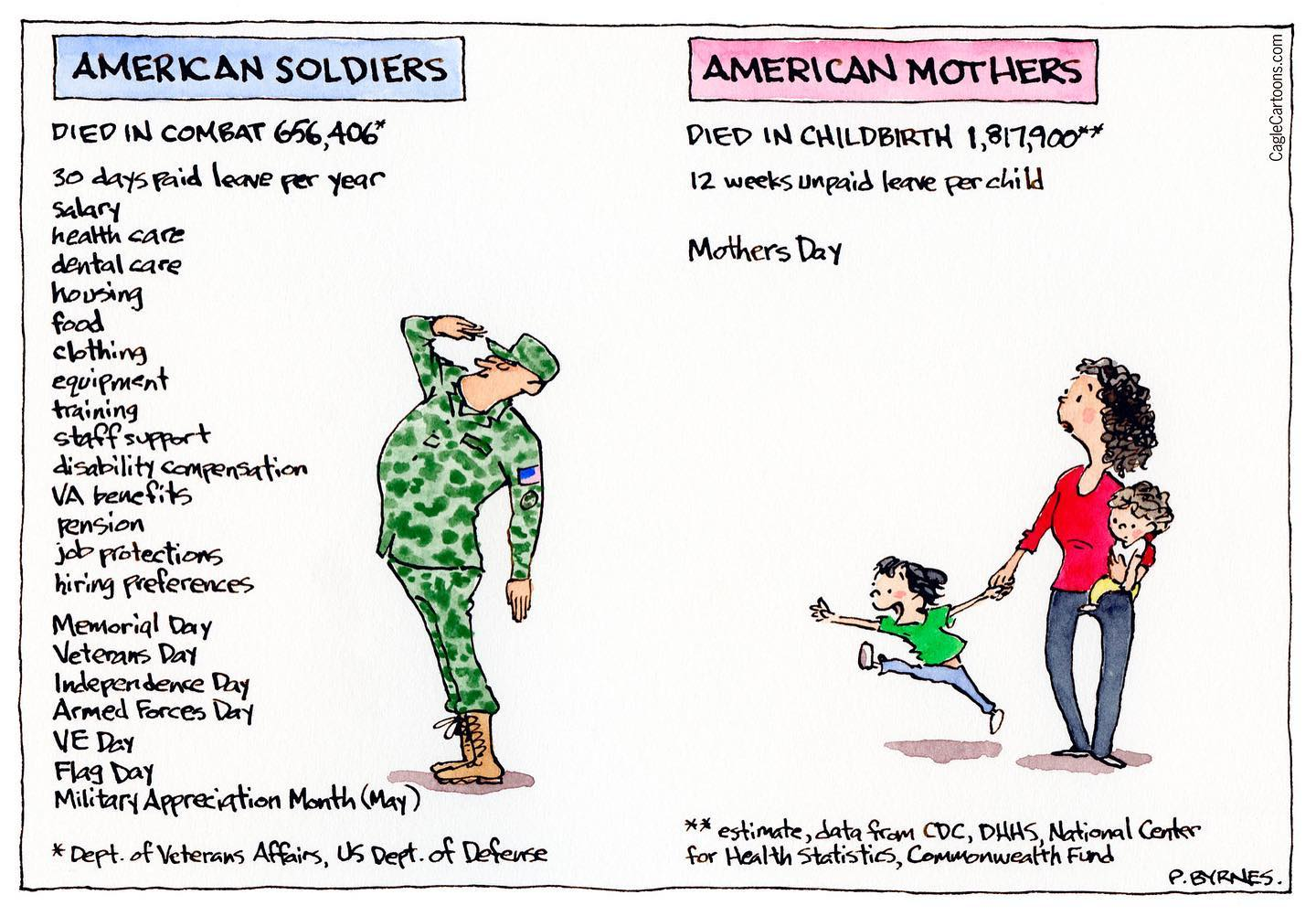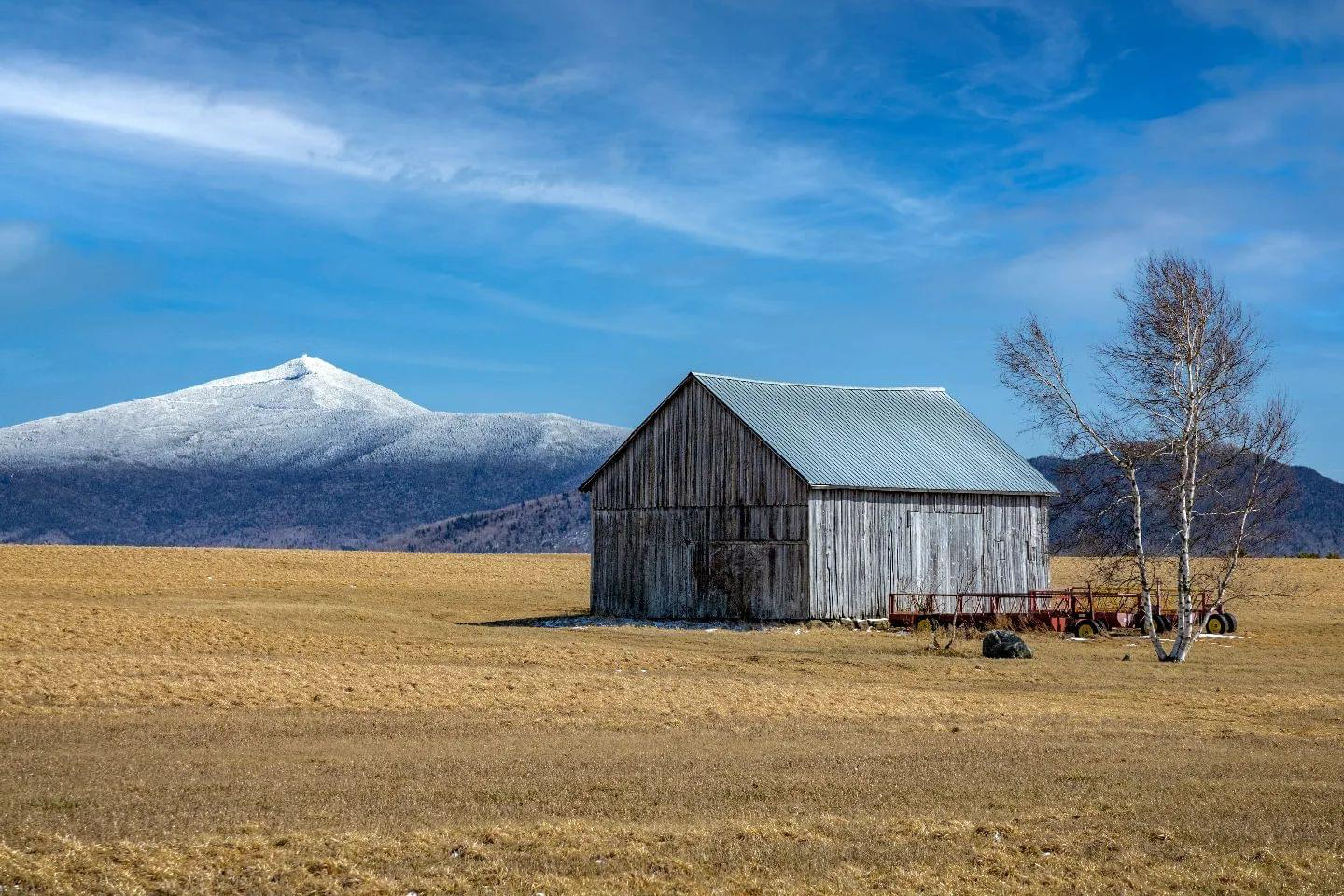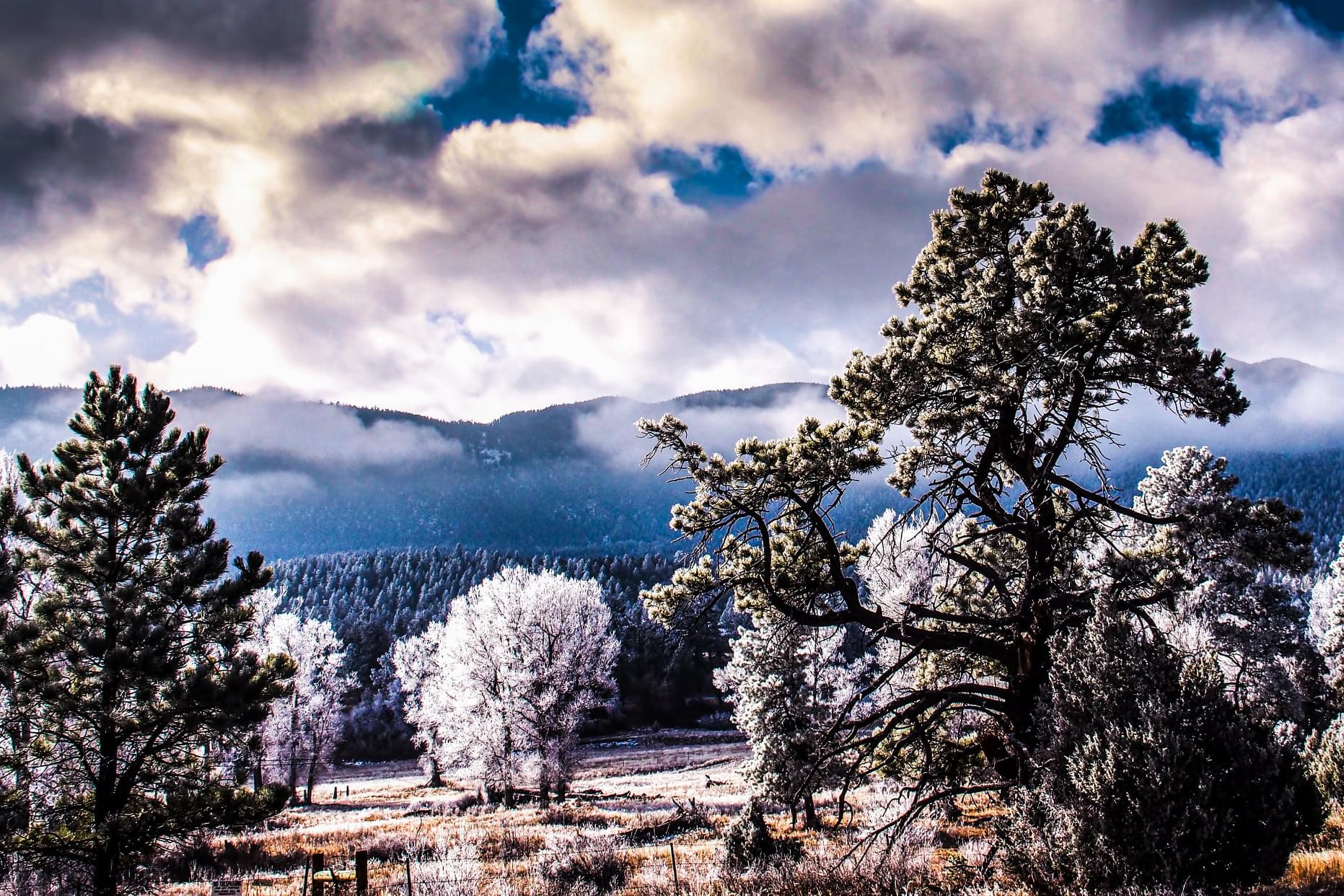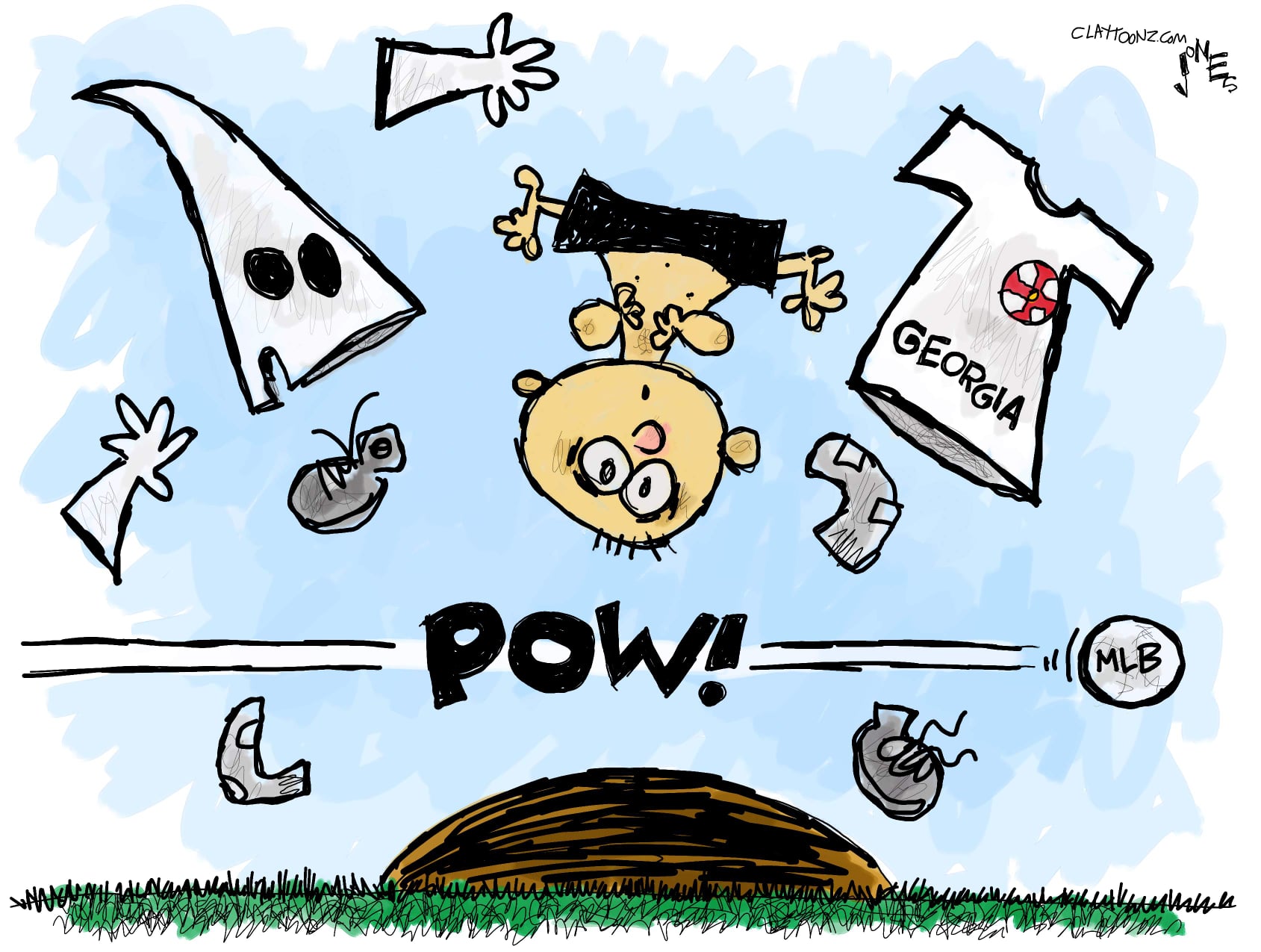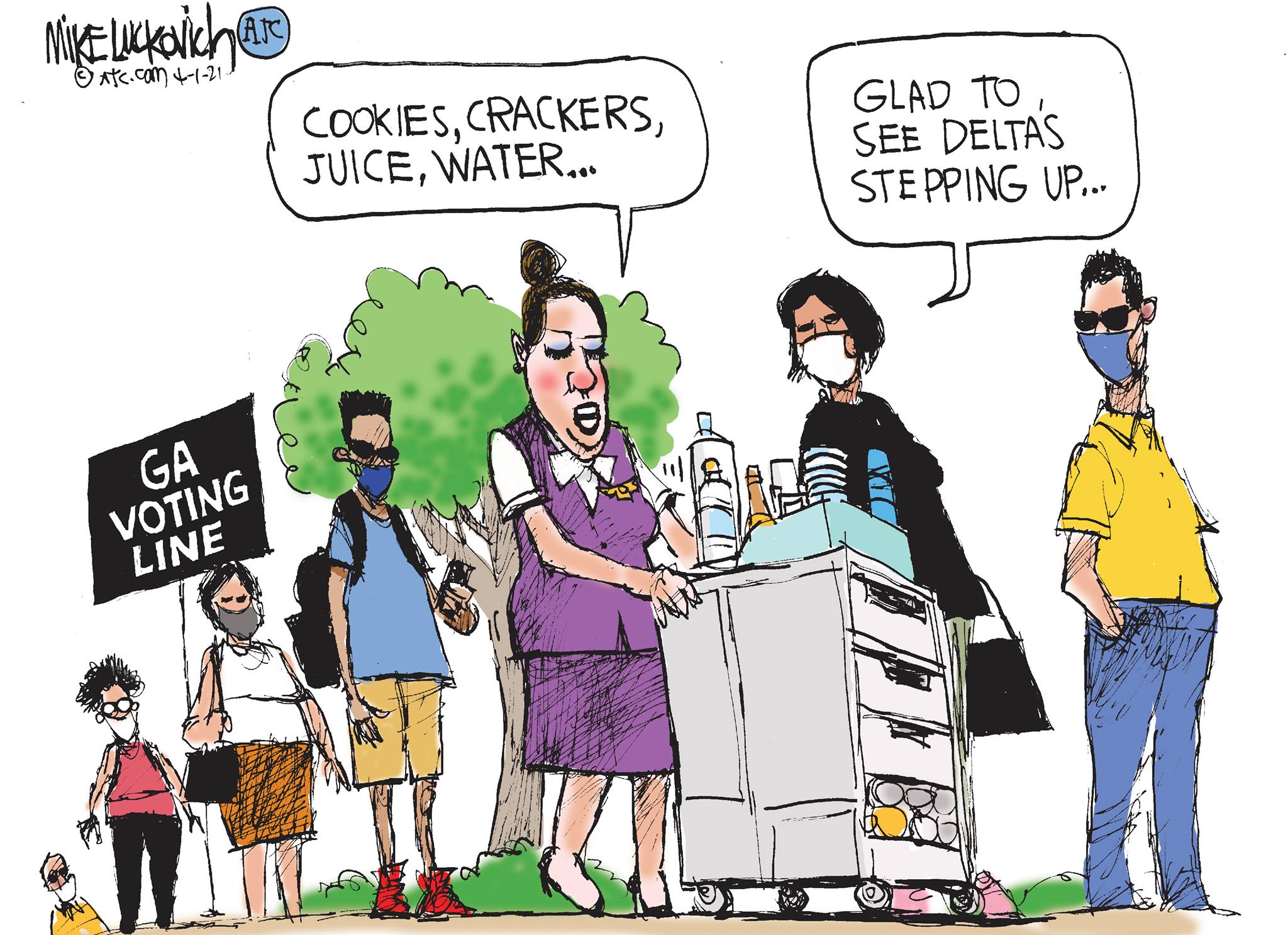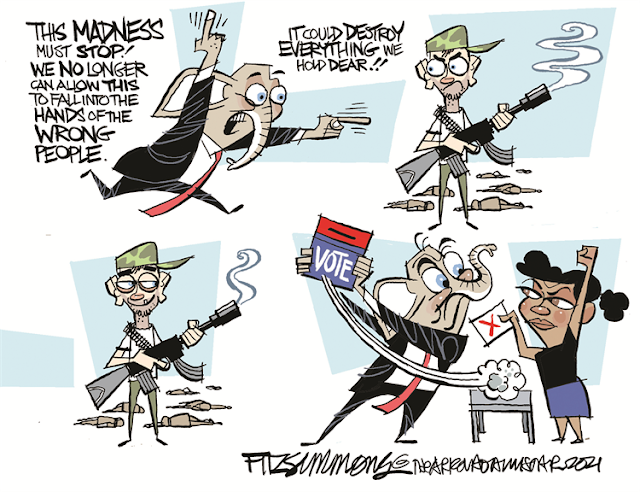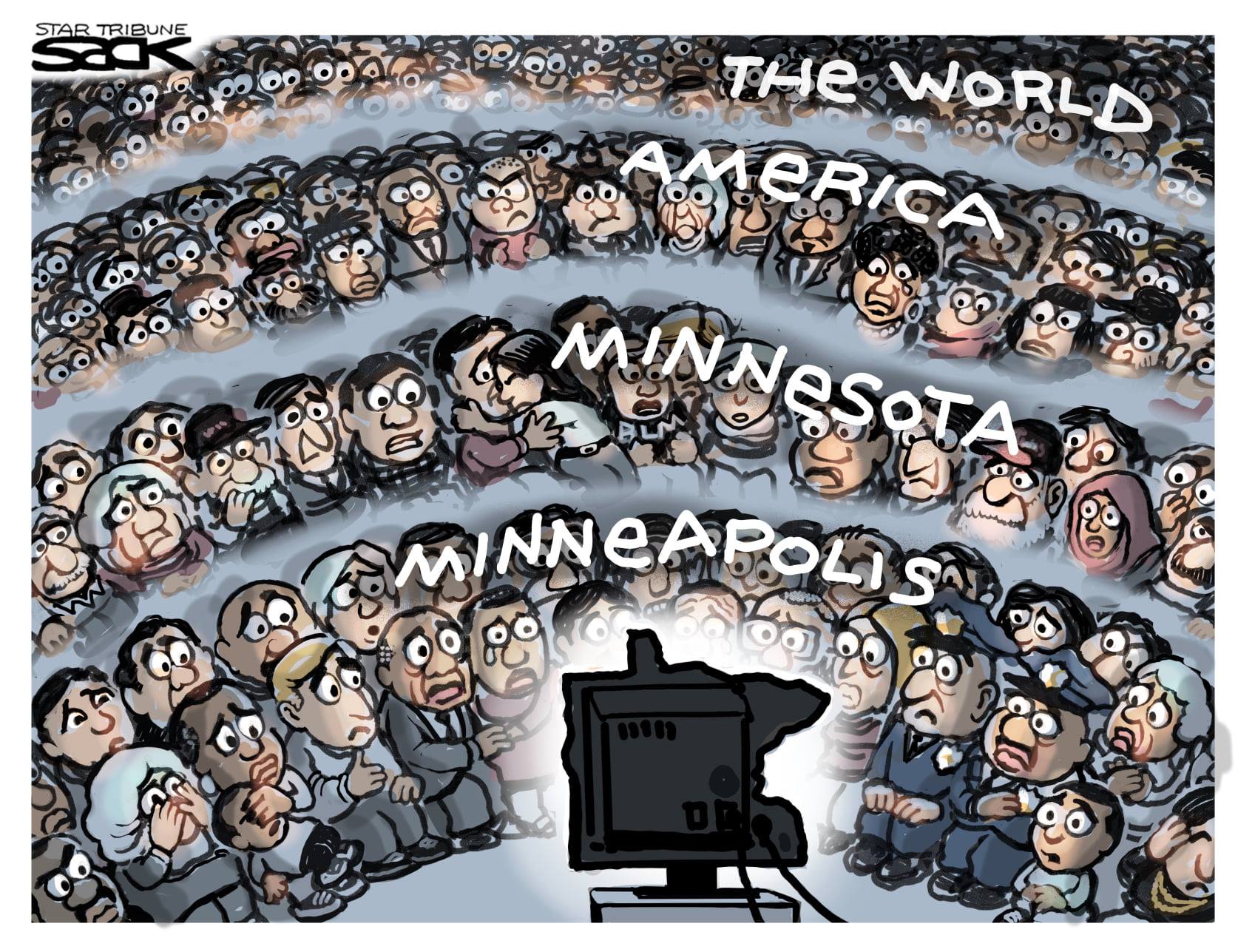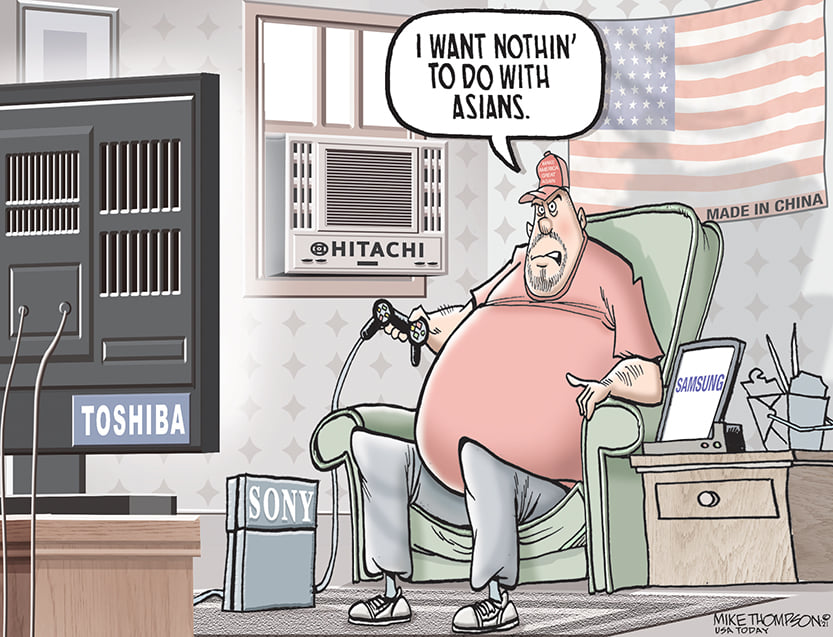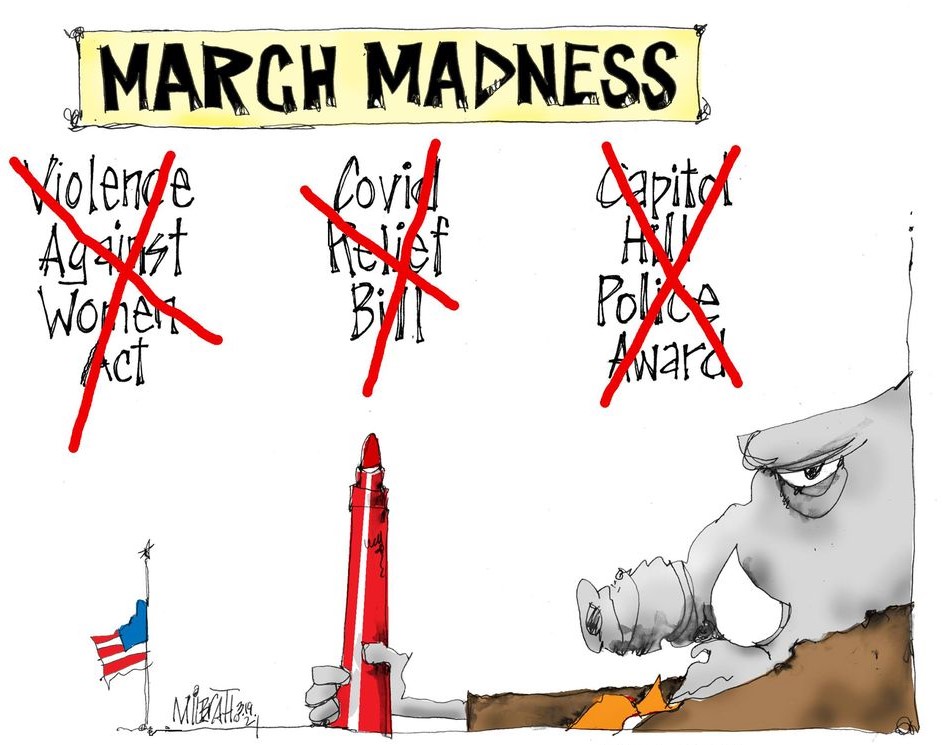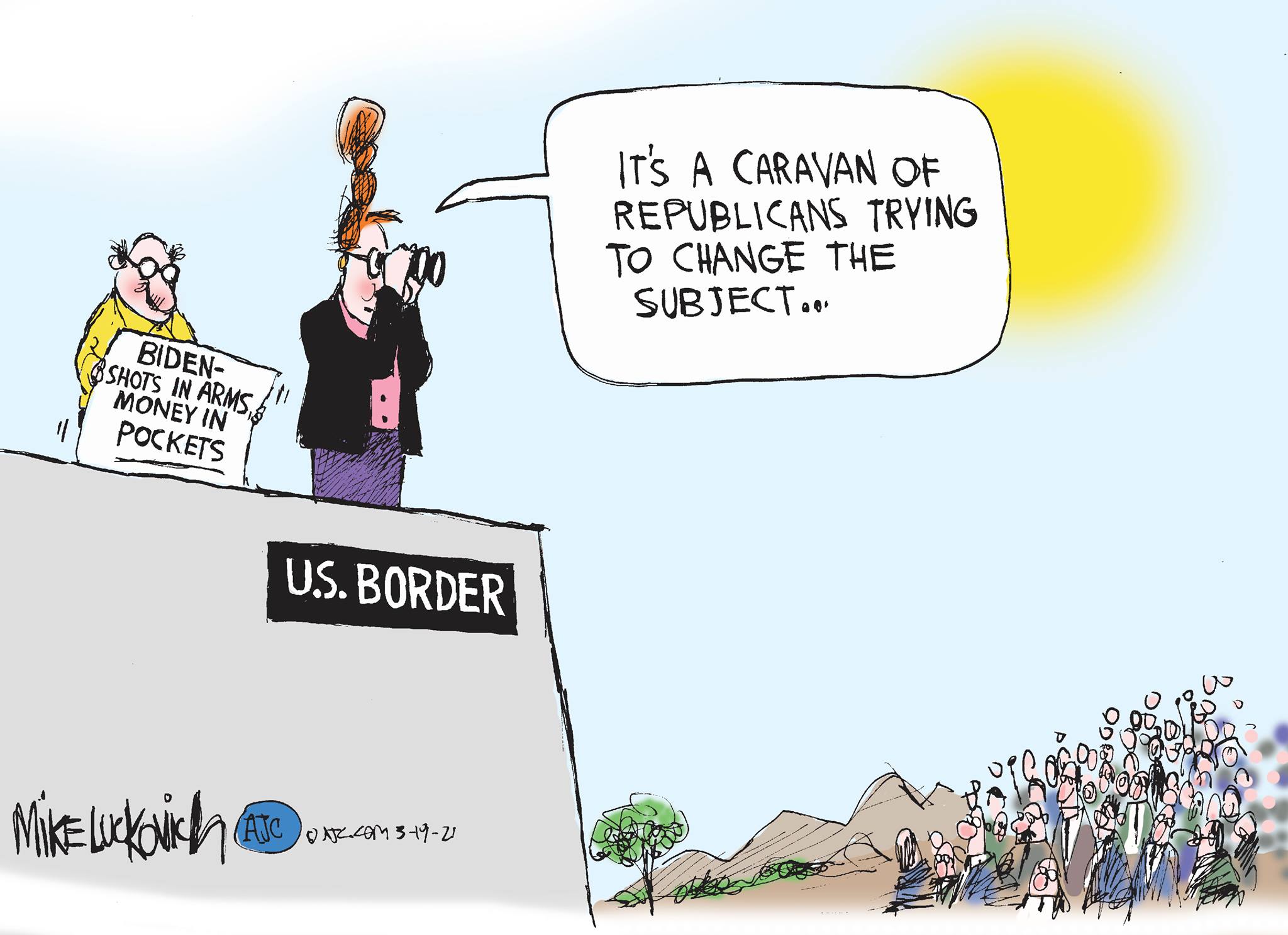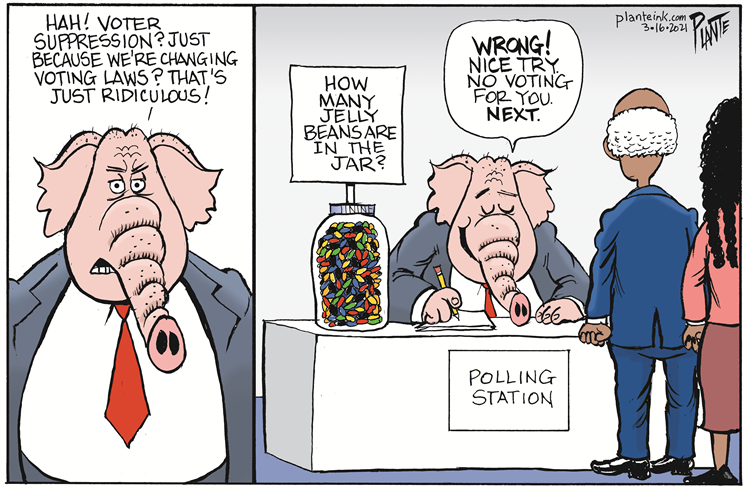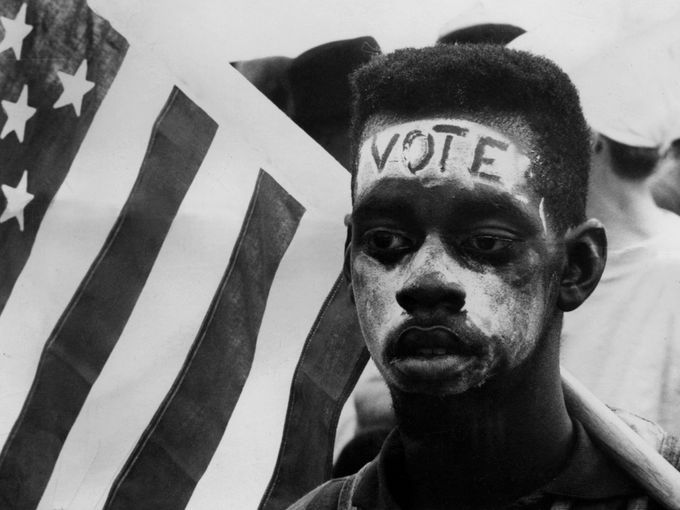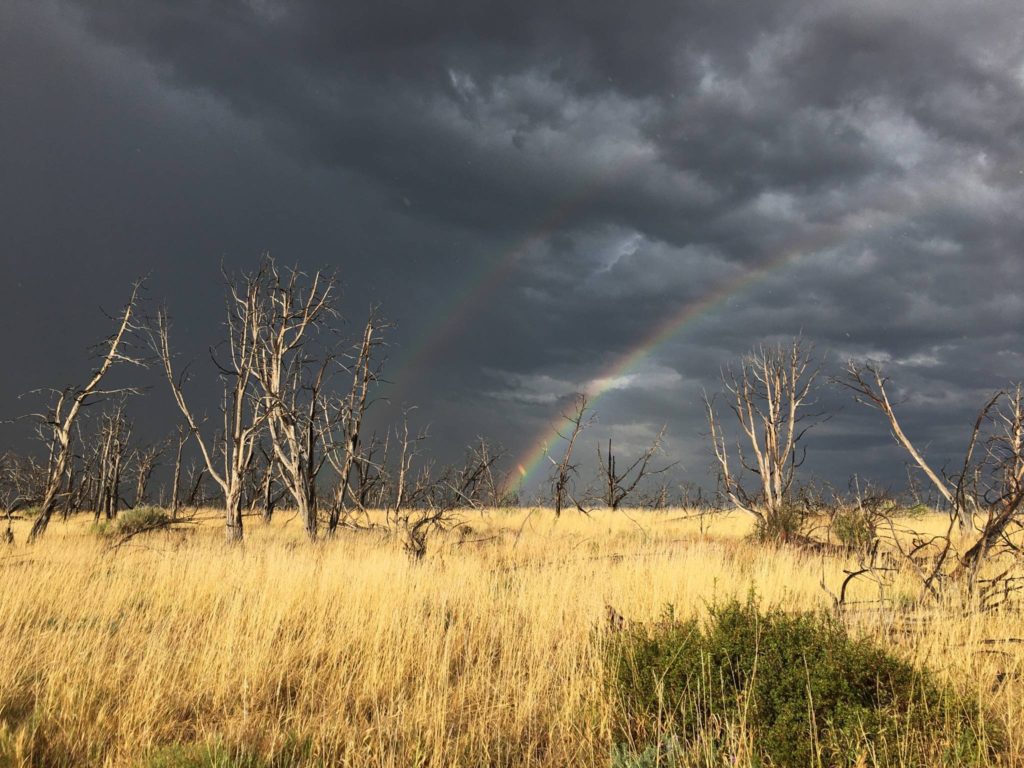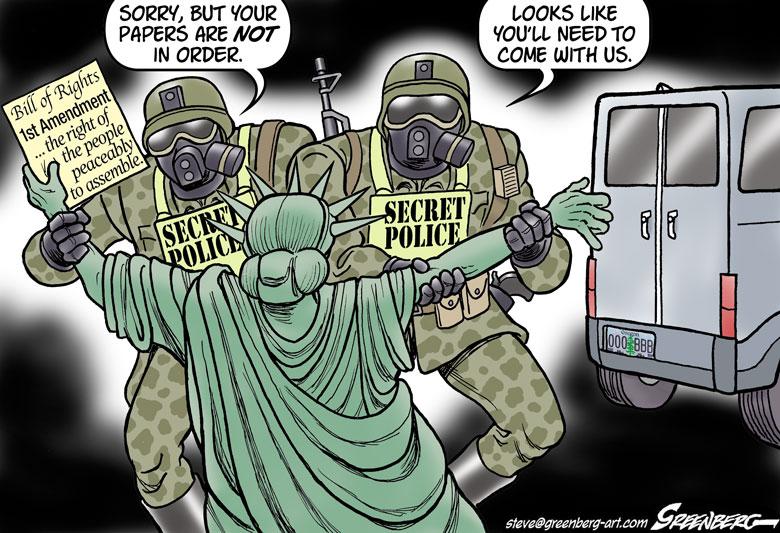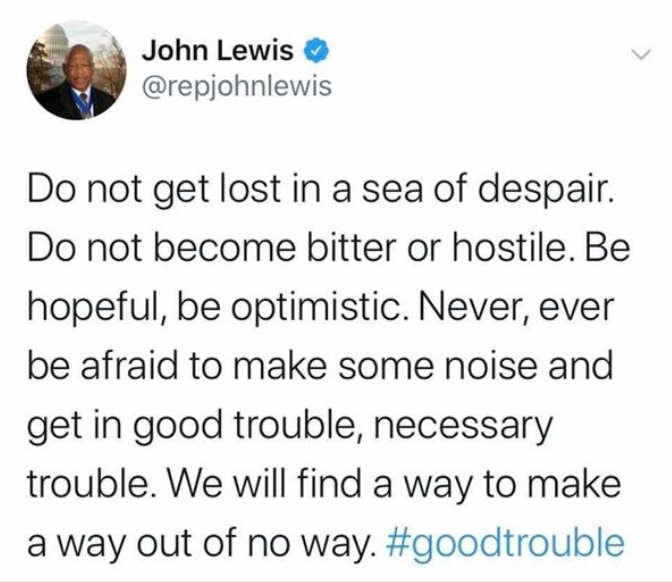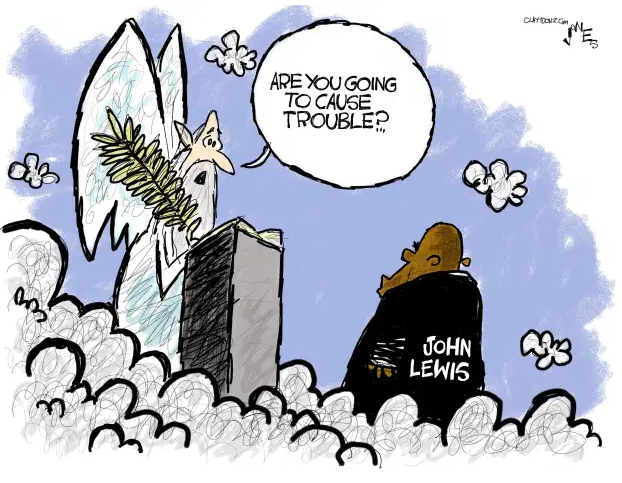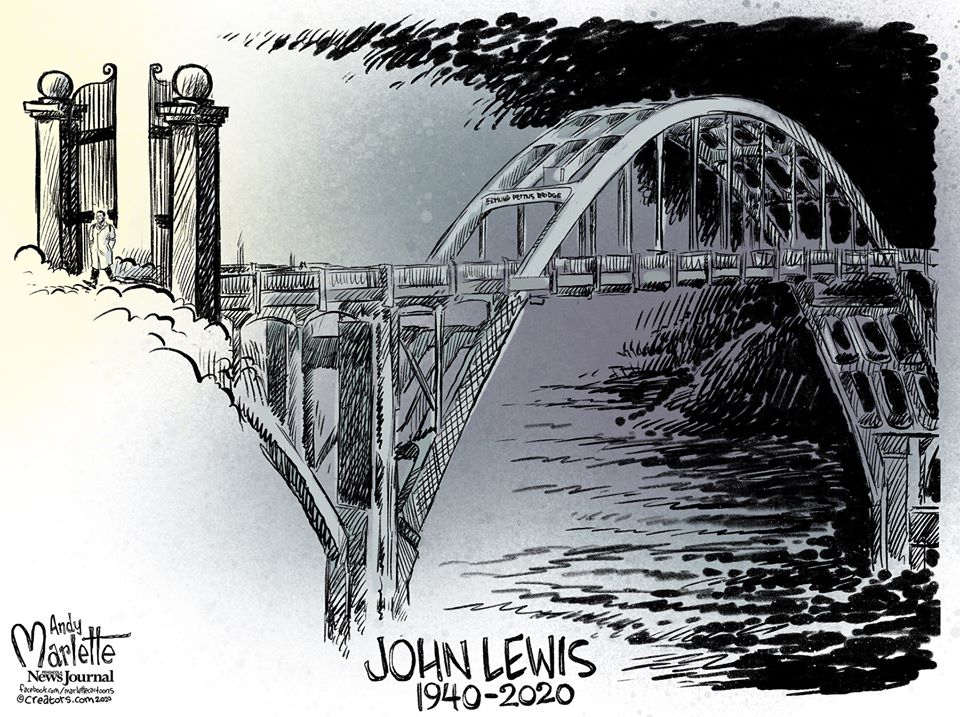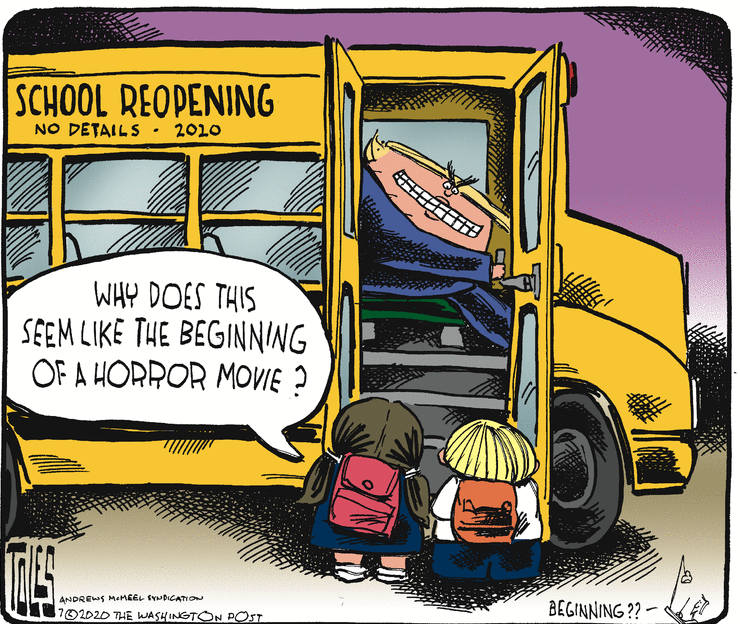The Daily Escape:

Denali from Byers Lake, AK – June 2022 photo by Todd Salat
In his concurring opinion to the decision in Dobbs v. Jackson Women’s Health Organization, that dismantled Roe, Justice Thomas basically begged Red states to send the Court more culture war cases that they could dismantle.
The Houston Chronicle reports that Texas GOP AG Ken Paxton is ready to do just that:
“Texas Attorney General Ken Paxton last week seemingly expressed support for the Supreme Court potentially overturning past rulings on cases involving the LGBTQ community following the downfall of Roe v. Wade on Friday.”
Paxton, in an interview, said he would support the Supreme Court revisiting the cases mentioned in Thomas’ concurring opinion. Here are the decisions Thomas would like a shot at overturning:
He questioned a number of earlier Court rulings, including Obergefell v. Hodges, which established the right of same-sex couples to marry, and Lawrence vs. Texas—a 2003 decision in which the court ruled against the state of Texas regarding its 1973 law criminalizing the act of sodomy.
Thomas also mentioned Griswold v. Connecticut, which established the right of married couples to use contraception without government interference:
“In future cases, we should reconsider all of this Court’s substantive due process precedents, including Griswold, Lawrence, and Obergefell….We have a duty to ‘correct the error’ regarding these established in those precedents.”
For those who don’t fully understand legal shorthand, the judicial theory Thomas is pursuing is that these issues should be in the hands of state legislatures, and not be decided by the courts.
Conservatives in other states have also expressed support for Thomas’s opinion, including Utah Senate President Stuart Adams, who said he would support the Supreme Court reconsidering same-sex marriage. Utah’s constitutional ban on same-sex unions still exists and could be reinstated if the high court were to overturn its earlier decision.
We shouldn’t forget that Obergefell was a 5-4 decision. Lawrence v. Texas was also a 5-4 decision. Since these cases were decided, the Court has moved three seats to the right. We should expect that both of these decisions will be overturned, assuming some state AG sends a case up to the Supremes.
After all, the Court’s Conservatives haven’t gotten more liberal on these issues in the last 10-15 years.
Some more history: Griswold v, Connecticut was decided 7-2, Loving v. Virginia was unanimous; and Brown v. Board of Education was unanimous. All of that said, while history shows that very few 5-4 decisions get overturned, in this time of Conservative Justice grievance, that’s not the way to bet. Even if those cases had been 6-3, 7-2 or 8-1, it wouldn’t matter to the current Justices on the Court.
Pundits are talking as if they would be shocked if the Court reverses Obergefell and Lawrence. That’s because they’re comforted that Thomas’s revolutionary concurrence wasn’t joined by other Justices. But all of them voted to end Roe, and Alito said:
“…abortion is not mentioned anywhere in the Constitution. Therefore, there is no right to an abortion.”
We should also remember that the Court used nearly word for word, the failed Robert Bork’s reasoning why there isn’t a Constitutional right to privacy in Griswold v. Connecticut.
If there’s no right to privacy because the Constitution does not explicitly state there is such a right, then according to the Court’s Conservative 6, all of the rest of our privacy rights are in play. That means nearly nothing in the Fourth Amendment may remain, because you have no right to privacy in your home or in your vehicle.
But if you bet that the Court’s Conservative majority will somehow find that the founders explicitly wanted corporations to have a right to privacy, you’ll earn some folding money.
The naked desire by the Furious Five to achieve their ideological goals as quickly as possible is most likely, uncontrollable. Chief Justice Roberts is being increasingly sidelined because he wants to (at least) try to hide their ideological agenda. But the Furious Five doesn’t have any interest in hiding what they’re doing.
No more calling “balls and strikes” as Roberts said during his 2005 Senate confirmation hearing.
In closing, the music world has reacted strongly to the Supreme Court ruling on abortion. NPR has a nice roundup of what artists are saying and doing in response. Check it out if you have time.

